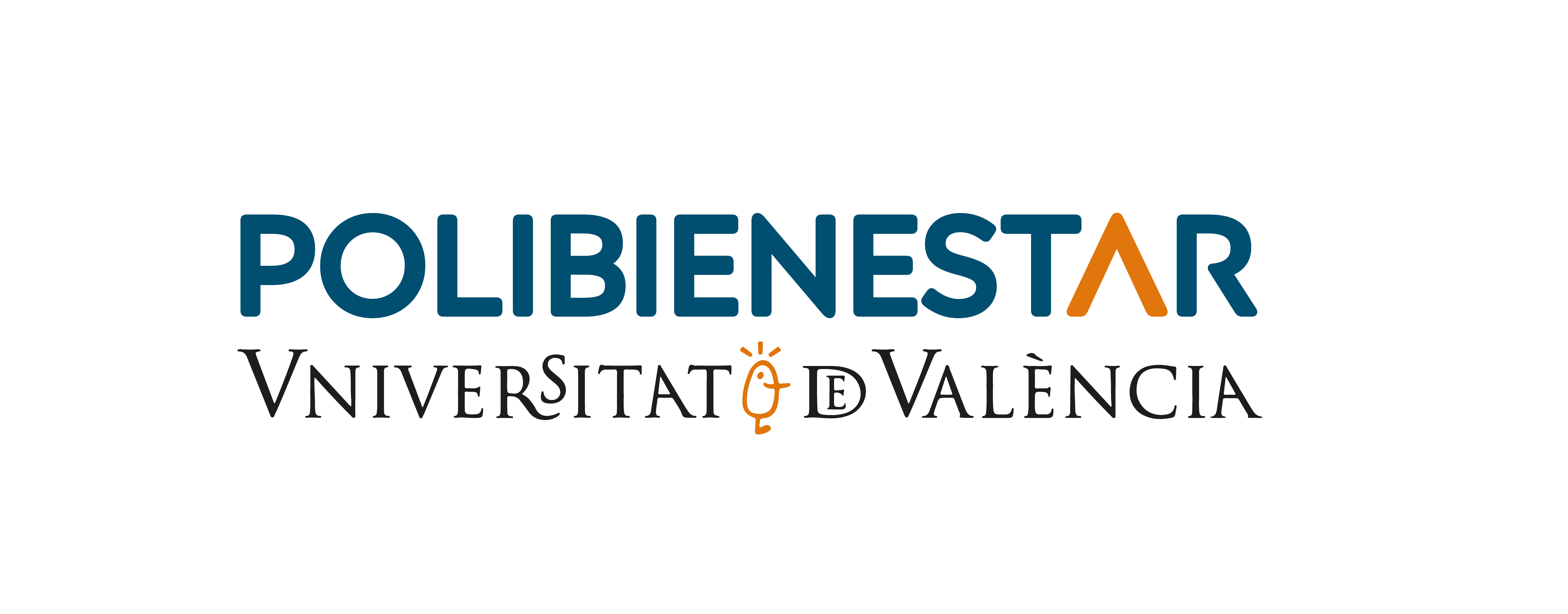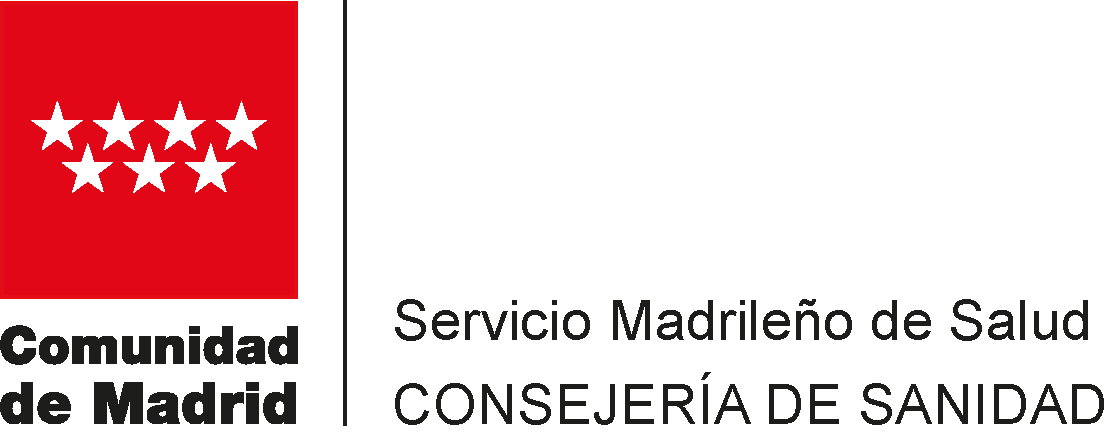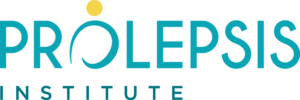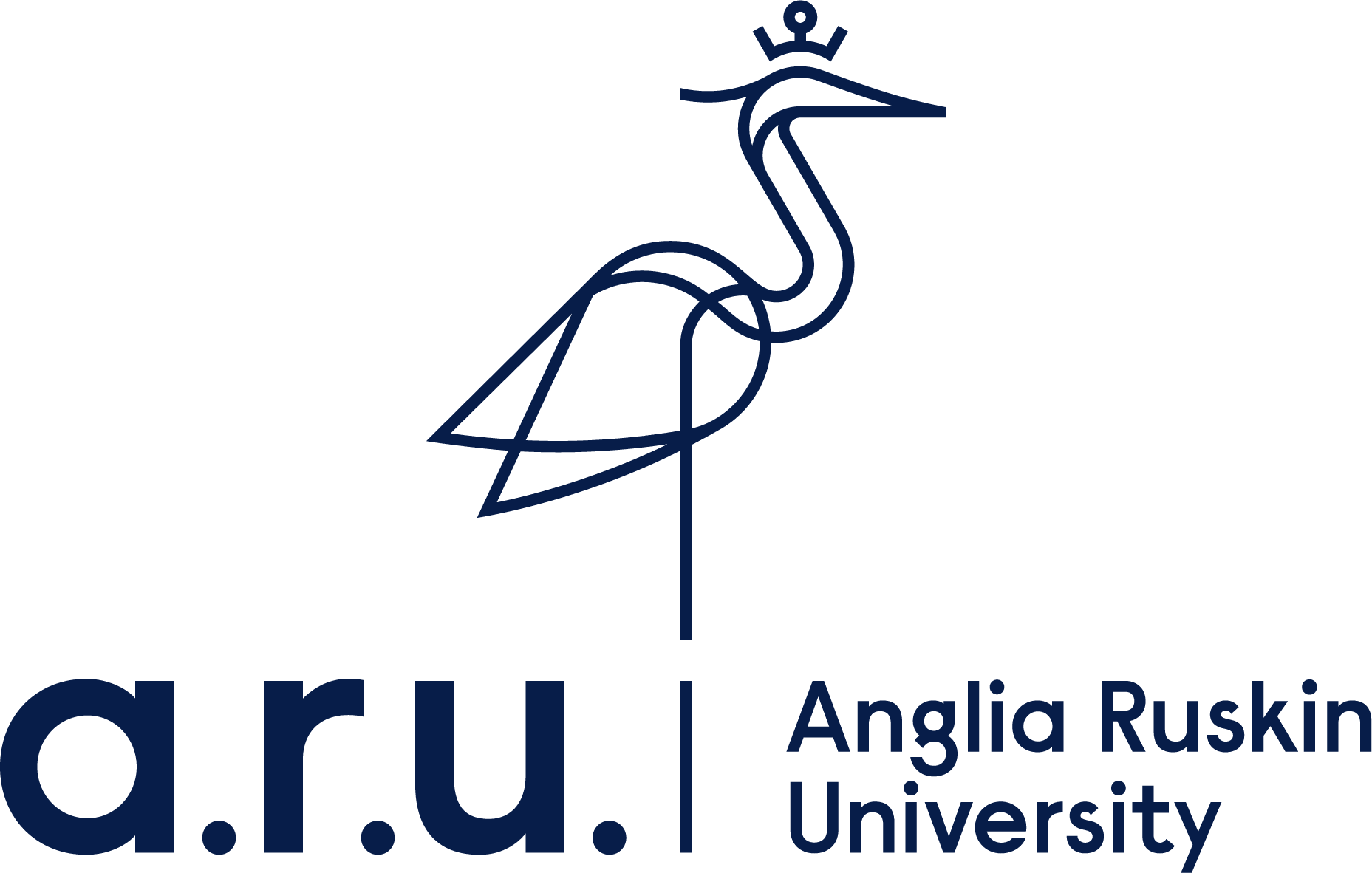PRAKSIS is an independent Civil Society Non-Profitable Association. We plan and implement humanitarian and medical projects and informative campaigns on public health issues (STDs, Hep, HIV/AIDS) throughout the Greek territory. Our main goal is to eradicate social and economic exclusion of vulnerable social groups and defend their rights.
The 3 dimensions of our work consist of prevention, intervention/support, and Lobbying and Advocacy. PRAKSIS provides services and support regardless of gender identity, sexual orientation, origin, ethnicity, political or religious beliefs.
Our beneficiaries are underserved communities, homeless, uninsured, economic migrants, asylum seekers, refugees, unaccompanied minors, trafficking victims, sex workers, drug users, Roma, HIV seropositive people, people living with AIDS (PLWA), Hepatitis B and C patients, MSM, prisoners, people released from prisons, Greek families inflicted by the financial crisis, and any person facing social or/and financial exclusión.
PRAKSIS actively collaborates with many networks on national and European level, on advocacy, exchange of best practices, information dissemination, lobbying, public information and awareness on various issues, as well as policy making.
PRAKSIS Interventions comprise a Community Centre, a Polyclinic, Day Centres for the Homeless, a Drop-In Centre for Unaccompanied Minors, Semi Independent Living (Apartments) for Unaccompanied Minors, refugee housing apartments, Interventions regarding child protection, Mobile Units for Information, Counselling and Testing for HIV and Hepatitis B and C backed by a hotline, street work focused on specific groups (unaccompanied minors, homeless, trafficking victims, and injection drug users). Our services provided are holistic: health care, accommodation, psychosocial support, job and legal consultancy, cultural mediation, essential hygiene services, provision of NFIs.
Website: https://praksis.gr












